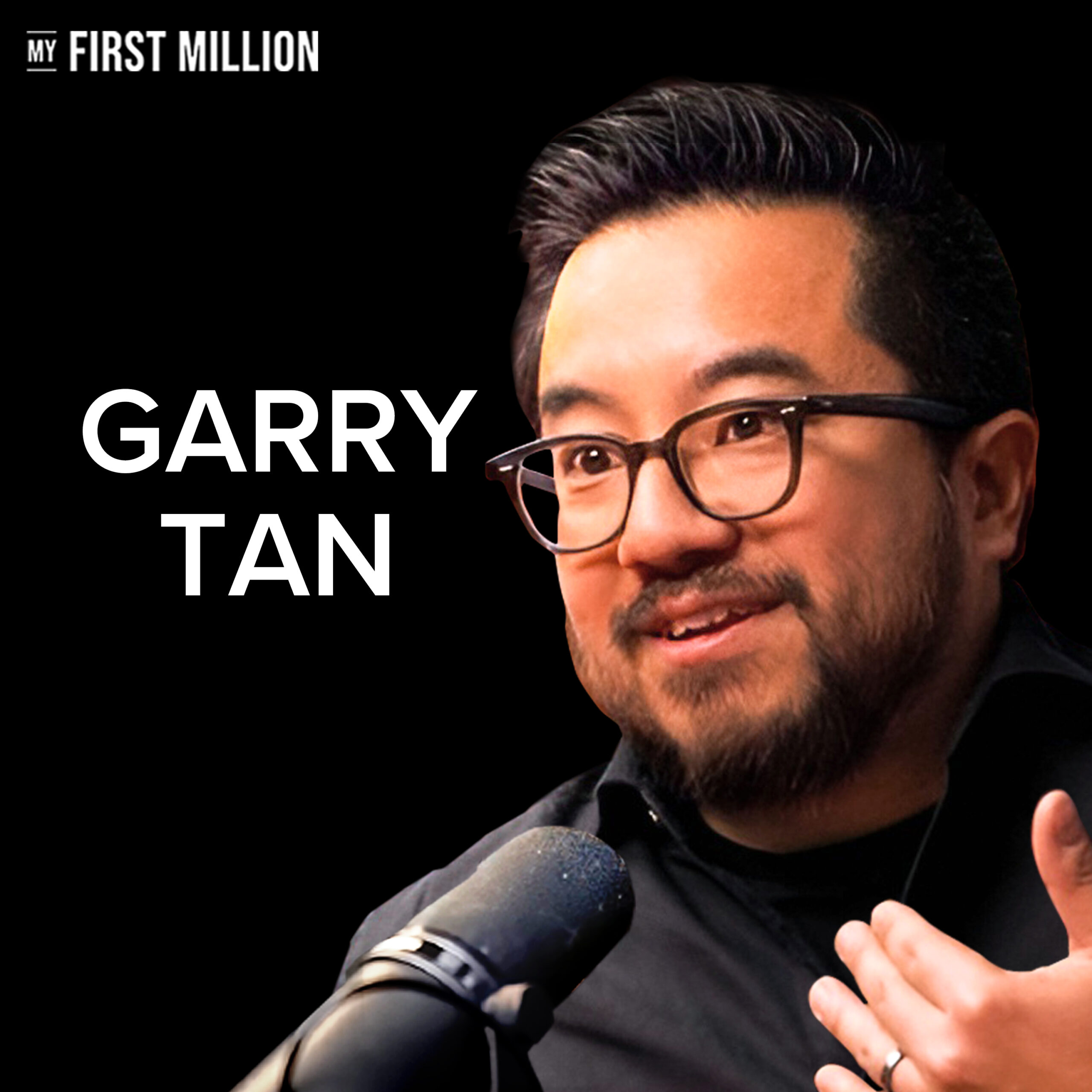Get our Business Monetization Playbook: https://clickhubspot.com/monetization Episode 662: Sam Parr ( https://x.com/theSamParr ) and Shaan Puri ( ...
Get our Business Monetization Playbook: https://clickhubspot.com/monetization Episode 661: Sam Parr ( https://x.com/theSamParr ) and Shaan Puri ( ...
Get our Business Monetization Playbook: https://clickhubspot.com/monetization Episode 660: Sam Parr ( https://x.com/theSamParr ) and Shaan Puri ( ...
Get our Business Monetization Playbook: https://clickhubspot.com/monetization Episode 659: Sam Parr ( https://x.com/theSamParr ) and Shaan Puri ( ...
Get our Business Monetization Playbook: https://clickhubspot.com/monetization Episode 658: Sam Parr ( https://x.com/theSamParr ) and Shaan Puri ( ...
Get our Business Monetization Playbook: https://clickhubspot.com/monetization Episode 657: Sam Parr ( https://x.com/theSamParr ) and Shaan Puri ( ...
Get our Business Monetization Playbook: https://clickhubspot.com/monetization Episode 656: Sam Parr ( https://x.com/theSamParr ) and Shaan Puri ( ...
Get our Business Monetization Playbook: https://clickhubspot.com/monetization Episode 655: Sam Parr ( https://x.com/theSamParr ) and Shaan Puri ( ...
Episode 653: Shaan Puri ( https://x.com/ShaanVP ) talks to Furqan Rydhan ( https://x.com/FurqanR ) about the biggest opportunities in AI right now. — Show ...
Episode 652: Sam Parr ( https://x.com/theSamParr ) and Shaan Puri ( https://x.com/ShaanVP ) talk about 5 ways you can make millions off of TikTok. — Show ...
Episode 651: Sam Parr ( https://x.com/theSamParr ) and Shaan Puri ( https://x.com/ShaanVP ) talk about the Polymarket whale who made millions off the election, ...
Episode 650: Sam Parr ( https://x.com/theSamParr ) and Shaan Puri ( https://x.com/ShaanVP ) talk to Leila Hormozi ( https://x.com/LeilaHormozi ) about being ...
Episode 649: Sam Parr ( https://x.com/theSamParr ) talks to Derek Guy ( https://x.com/dieworkwear ) about how to dress better, have more confidence, and where ...
Episode 648: Shaan Puri ( https://x.com/ShaanVP ) talks to Flexport founder Ryan Petersen ( https://x.com/typesfast ) about playing both games: bootstrapping a ...
Episode 647: Sam Parr ( https://x.com/theSamParr ) and Shaan Puri ( https://x.com/ShaanVP ) invite 6 college students to pitch their startup ideas. — Show ...
Episode 646: Shaan Puri ( https://x.com/ShaanVP ) talks to Vanta founder Christina Cacioppo ( https://x.com/christinacaci ) about quitting her job and betting ...
Episode 645: Sam Parr ( https://x.com/theSamParr ) and Shaan Puri ( https://x.com/ShaanVP ) talk about cash-printing businesses that are around us every day ...
Episode 644: Shaan Puri ( https://x.com/ShaanVP ) talks to author and political campaign expert Sasha Issenberg ( https://x.com/sissenberg ) about the ...
Episode 643: Sam Parr ( https://x.com/theSamParr ) and Shaan Puri ( https://x.com/ShaanVP ) answer juicy questions from the audience. — Show Notes: (0:00) ...
Episode 642: Sam Parr ( https://x.com/theSamParr ) and Shaan Puri ( https://x.com/ShaanVP ) talk to Garry Tan ( https://x.com/garrytan ), CEO of Y Combinator, ...
- « Previous Page
- 1
- …
- 6
- 7
- 8
- 9
- 10
- …
- 43
- Next Page »


